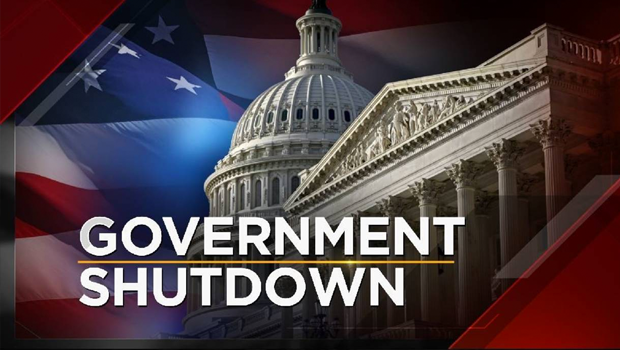Tax season is about to start, which means it’s that time of year where you need to be on the lookout for tax documents such as W-2s and 1099s. But what other documents and information do you need to have ready to complete your tax return over the next few months? That precise answer depends on your unique tax situation, but the following guide will provide a good overview of what you might need to have ready when you or your tax preparer files your tax return this year.
Personal Information
This concerns identifying information that allows the IRS to confirm your identity and that of anyone else referenced in your tax return. If you’re single, this might only include your name, home address and social security number (or other form of Tax Identification Number).
If you’re married with dependent kids and filing jointly, you may also need to include your spouse’s and children’s names and social security numbers.
Sources of Income
While practically all income is potentially taxable, most people will have the following types of tax documents concerning income:
- W-2s
- 1099s (1099-INT, 1099-DIV, 1099-R, 1099-G, etc.)
If you believe you should have received a W-2 or 1099 and haven’t gotten it by mid-February, you may need to follow up with the appropriate individual or company and make sure it’s been sent out.
Tax Deductions and Credits
There are way too many potential tax credits and deductions to list all of them, but one thing is simple: for any deduction you claim, you’ll need to make sure you have supporting documentation in case of an audit. Tax deductions and credits commonly claimed by taxpayers include:
- Mortgage interest (1098)
- Real estate taxes
- Energy credits
- Charitable donations
- Medical expenses and Medical Savings Account contributions
- Alimony
- Health insurance (1095-A, 1095-B or 1095-C)
- Education costs (1098-T)
- Student loan interest (1098-E)
- Local and state taxes
- Retirement contributions (5498, 5498-A, etc.)
What about the Government Shutdown?
One major concern regarding the shutdown regards the IRS’ ability to process the returns that will be filed starting in early February. While many of the IRS workers had to stay home during the shutdown, the White House announced in early January that it was forcing these furloughed workers back to the office. So hopefully, everyone’s tax return and potential refund check will be processed normally, or with only a slight delay.
Another consideration is the ability to get the IRS to answer any questions. Even if returns and refunds are processed on time, as long as the government shutdown continues, the IRS will have fewer employees to provide tax assistance to taxpayers.
Finally, government shutdown or not, taxpayers are still obligated to comply with applicable filing deadlines. This is especially pertinent for self-employed individuals who must submit their estimated quarterly tax payments by the normal deadline of January 15, 2019.
Consult with a Tax Professional
For taxpayers who need more than a simple Form 1040 for their return, along with the recent changes to the tax code, it pays to keep an open mind about consulting with a tax professional. Yes, hiring a franchise tax preparer, CPA or tax attorney will probably cost you some money, but for questions that can’t be answered easily with the help of an online search engine, they’re usually worth it.
Many taxpayers don’t become aware of issues with their return until years later, when records are discarded, interest has accrued and penalties are imposed. Not only is it more complicated to remedy, but it’s more expensive, too. Obtaining professional tax assistance not only helps prevent these problems, but it also provides peace of mind.

